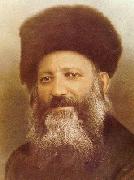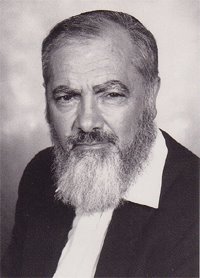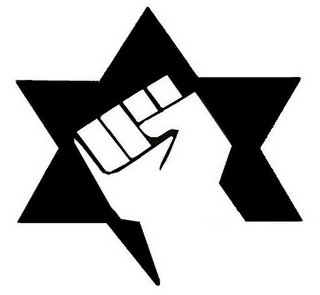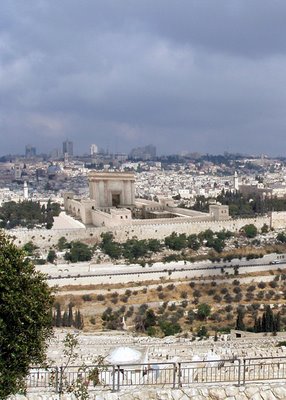
For Rav Kook, it is axiomatic that the Jewish soul and the Torah are a match made in heaven. In his book analyzing the essential value of Torah study, "Orot HaTorah," Rav Kook wrote categorically that "The Torah is bound with the spirit of Israel" [12:1]. This is true not only on the national level, but also for each individual:
"Just as the national soul of Israel can only fulfill its potential in the Land of Israel, so too, each individual Jew can only fulfill his spiritual potential through the Torah" [12:7].
While this is nice in theory, in practice we know that things are not so simple. Not everyone takes to Torah study like a fish in water. If Torah study is indeed so natural to the Jewish soul, why do Jewish educators need to work so hard?
Rav Kook was of course aware of this problem. There are several reasons why the words of Torah may not find a place in one's heart. Some are practical, while others are spiritual/ideological. With regard to the spiritual causes for a lack of connection to Torah, Rav Kook addressed several aspects.
1. The Essence of Torah
To appreciate Torah study properly, we must recognize the essential nature of the Torah. The Torah is a revelation of "ratzon Hashem," God's divine will in the world. Because of our limiting physical nature, however, we are unable to truly recognize the Torah's greatness and loftiness.
Similarly, we need to have a proper appreciation for our divine soul and its innate sense of morality. Occasionally we err, but overall, we should have faith in our ethical sensitivities. Sweetness in Torah study is a function of refinement of character; the greater our moral sensitivity, the more we will identify with the Torah and its teachings. The Kabbalists expressed this special correlation between the soul and the Torah with the statement that each Jewish soul corresponds to a letter in the Torah.
This fundamental viewpoint is vital. When the Torah is studied in holiness, one may sense the expanse of the entire Torah, and how it extends from the very source of holiness.
2. Elevating the Details
One may recognize the divine nature of the Torah, but have no patience for its myriad details and laws. Sometimes a soul will aspire to contemplate lofty matters, and will be saddened when occupied by detailed minutiae. The soul will feel restricted and frustrated by these details.
The cure for this feeling of spiritual restriction is not to avoid Halachic studies, but "to elevate the value of each detail of the practical matters to the richness of its spiritual source." Elevating the details may occur through some sudden insight, or through a profound inner feeling that is the result of divine enlightenment. The degree of success in this elevation depends on the soul's refinement from steady inquiry into the heights of boundless spirituality.
In fact, an infinite sublime light shines in every word of Torah. This light is the absolute divine morality of Torah. One who is accustomed to revealing this light will perceive the inner spiritual content of each detail.
3. Find Your Portion in the Torah
Not all areas of the Torah study appeal to all people equally. In general, we should occupy ourselves in those pursuits to which we are predisposed. This is especially true regarding study, as the Sages taught [Avodah Zarah 19a], "One only learns that which the heart desires."
Some individuals have strayed and even abandoned the Jewish people because they betrayed their personal inclinations when choosing what to study. They may have been predisposed to philosophical matters, but lacking appreciation for their own special talents, they dedicated themselves to standard legal studies. Unsurprisingly, they felt an inner resistance to such learning, since concentrated study of this field was incompatible to the makeup of their soul. Had they focused on learning suitable topics, they would have realized that their inner opposition to Halachic studies was not due to some flaw in this sacred and needed area of knowledge, but because their soul demanded a different field of Torah study.
Lacking understanding of the cause for their inner conflict with Torah study, they attempted to override their natural tendencies. But as soon as an alternative path became available, they immediately rejected the Torah and the faith of Israel. Some of these individuals tried to promote ideals lacking practical foundations, and misled the world with their false visions.
Similarly, some people are naturally drawn towards the sciences or other secular studies. They should follow their natural inclinations, while setting aside set hours for Torah study. Then they will succeed in both areas: "Good is the study of Torah together with worldly endeavors" [Avot 2:2].
[adapted from Orot HaTorah sec. 2:1; 4:4,5; 6:2; 7:1,4; 9:1,6,8; 11:2; 12:1,7]









